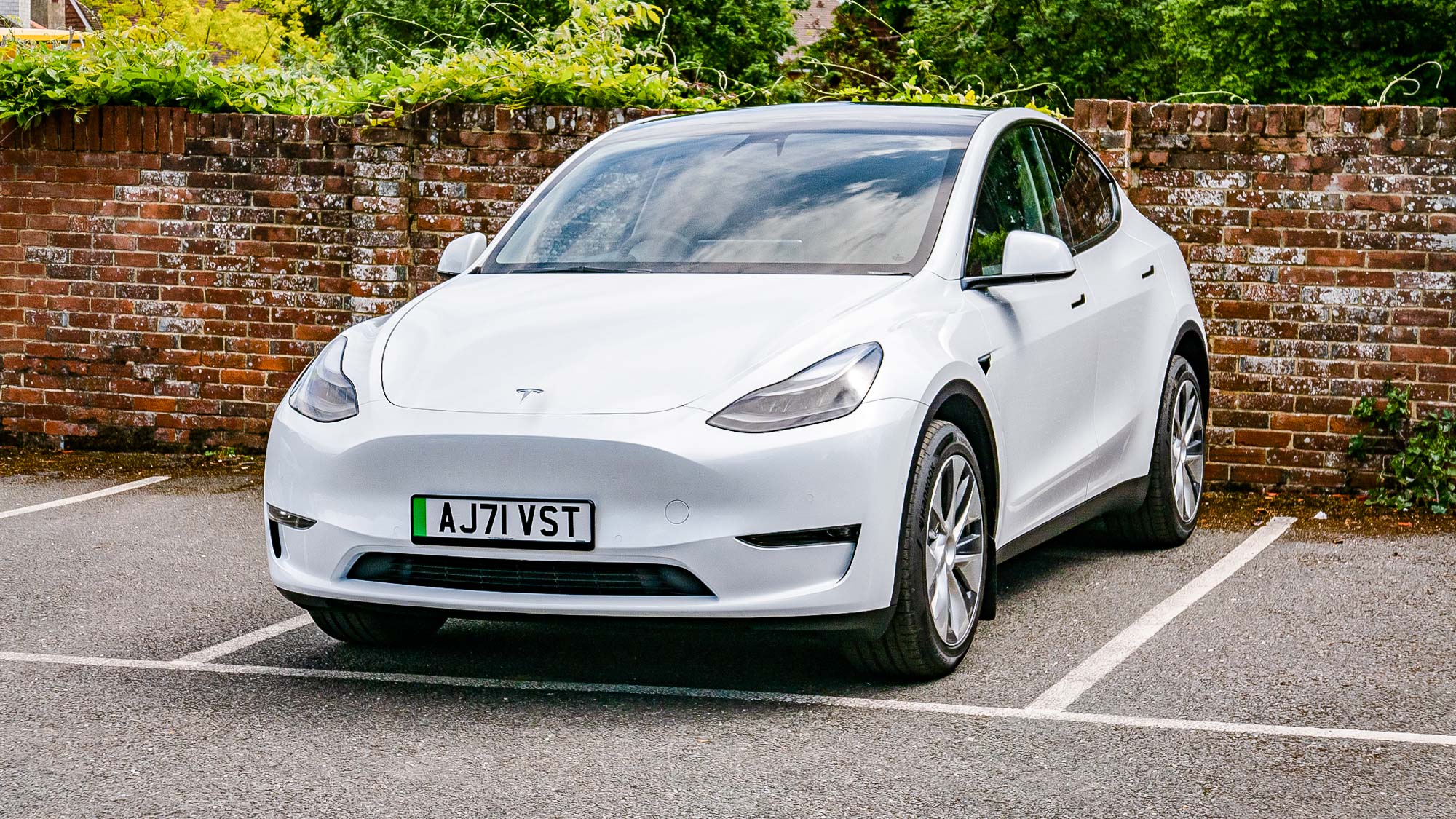
Following a shocking report from Reuters on Tesla’s deliberate attempts to obfuscate the range of its electric vehicles, three California residents are suing the company in the U.S. District Court for the Northern District of California.
The lawsuit, filed on August 3, alleges Tesla breached vehicle warranties and engaged in fraud and unfair competition — all of which could lead to a payout for owners who bought a Tesla vehicle based on its claims.
According to the lawsuit: "Had Tesla honestly advertised its electric vehicle ranges, consumers either would not have purchased Tesla model vehicles, or else would have paid substantially less for them".
If the lawsuit receives class-action status it could cover owners of a Tesla Model 3, a Model S, a Model Y, or a Model X vehicle, while seeking unspecified damages for the alleged false advertisement.
Why is Tesla in trouble? Here’s what we know so far
The lawsuit filed on Thursday cites Reuters’ reporting into Tesla’s wide-ranging, systematic approach to preventing customers from complaining about the range of its vehicles and its exaggerated range claims.
According to the outlet’s reporting, drivers would see the range somewhere above 350 miles when the battery was fully charged, but would only travel around half that distance before the car needed to be recharged. At the heart of the issue, the report claims, was a purposely skewed algorithm that would show “rosy” estimates of the range when the battery was above a 50% charge and then drop to a more accurate level once the battery drained below 50%.
If the exaggerated claims weren’t bad enough, Reuters claims that Tesla then did everything in its power to cover up the complaints about the range of its vehicles, going so far as to implement a covert branch of the company that would remove negative reviews that mention range being an issue and canceling maintenance appointments for customers experiencing what they believed were battery issues with their cars.
To add insult to injury, Tesla’s Autopilot and "Full Self-Driving" technology — and its claims about the safety of those systems — are also facing litigation.
Tesla has yet to make a public comment about Reuters' reporting or the most recent litigation, but we'll update this story if or when that happens.







